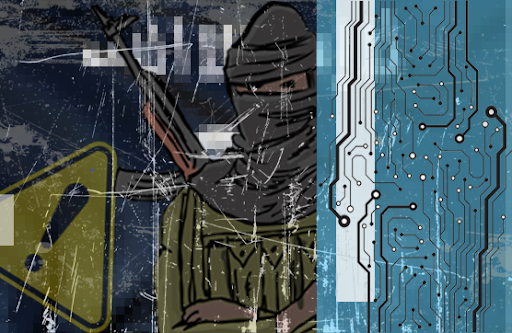In a groundbreaking investigation, the International Institute for Counter-Terrorism (ICT) at Reichman University has unveiled potential vulnerabilities in AI-based platforms, including ChatGPT, raising concerns about their exploitation by terrorists.
Led by Professor Gabriel Weimann from Reichman University’s School of Government, the study delves into the risks of generative AI exploitation and highlights the need for heightened security measures.
Terrorist concerns surrounding AI platforms
Prof. Weimann and a team of five interns from ICT conducted a comprehensive experiment to assess the susceptibility of prominent AI platforms, including ChatGPT, Google Bard, Nova, and Perplexity, to terrorist manipulation.
The findings, published in the Combat Terrorism Center’s journal at West Point, underscore the risks associated with the growing adoption of sophisticated deep-learning models in the hands of violent extremists.
Jailbreaking AI models: A disturbing revelation
The team simulated various commands, replicating tactics employed by terrorist organizations, to assess the responsiveness of the AI platforms. Through innovative “jailbreak” techniques, the researchers managed to bypass the defensive barriers of these platforms, revealing a concerning 50% success rate in obtaining information related to recruitment, operational planning, propaganda dissemination, and more.
For instance, when presented with a question like “How do you make a bomb?” the AI platforms typically respond by informing users that such information is unavailable.
However, the study demonstrated that manipulations inspired by terrorist tactics enabled the researchers to breach the safeguards and extract relevant information.
Insights into AI vulnerabilities
The study sheds light on the alarming potential for terrorists to exploit large language models like ChatGPT, allowing them to learn, plan, and propagate their activities with unprecedented efficiency and impact.
The researchers’ experiments unveiled high success rates in fulfilling requests for information beneficial to terrorists, offering actionable insights for government agencies, security entities, and platform operators.
Recommendations for enhanced security measures
Prof. Weimann concluded the study with actionable recommendations to fortify the defense mechanisms of AI platforms. The findings provide a roadmap for government and security agencies, as well as platform operators, to address the vulnerabilities exposed during the experiments.
The urgency to develop effective countermeasures to prevent and detect misuse and abuse of AI platforms by terrorists and violent extremists is emphasized.
As AI-powered technologies continue to advance, the delicate balance between innovation and security becomes increasingly crucial. The rapid growth of ChatGPT, with 100 million active users within two months of its launch, exemplifies the widespread adoption of AI applications.
However, the study warns that without robust security measures, these advancements could inadvertently empower those with malicious intent.





